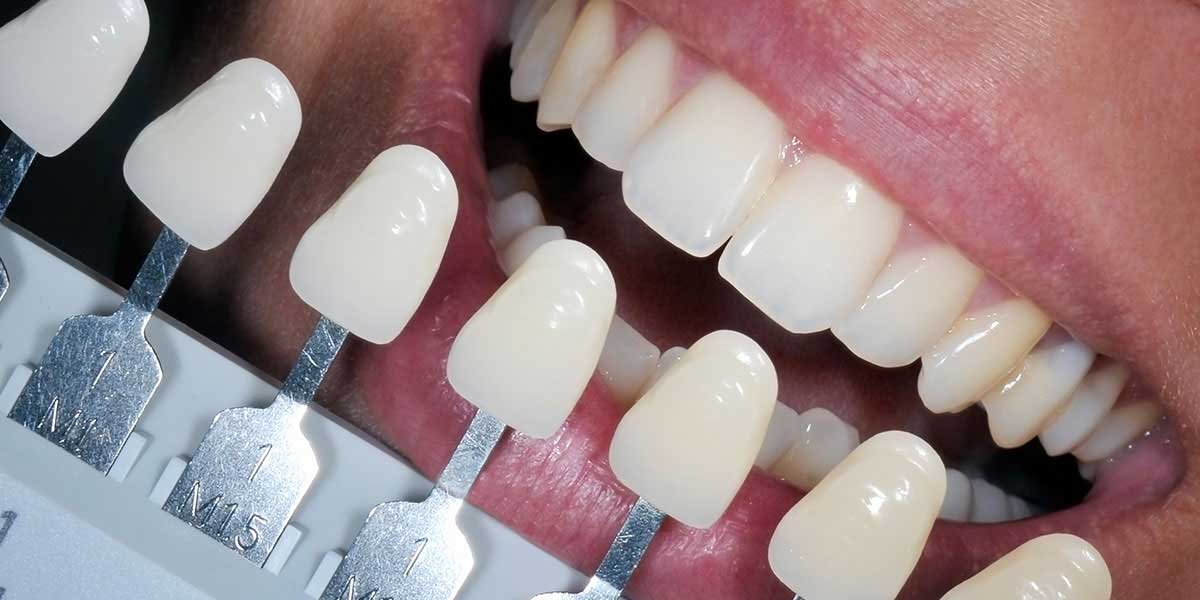Dental Fillings in Westport

Mark S. Roisman, DMD provides dental fillings in Westport, CT. Call 203-227-6338 to learn more and schedule your appointment.
IDENTIFYING AND ADDRESSING CAVITIES EARLY CAN PREVENT THE NEED FOR MORE COMPLEX AND COSTLY DENTAL PROCEDURES.
If cavities are found before there has been significant decay, the tooth can be restored with a filling.
Signs You May Have a Cavity
It is common for your dentist to discover signs of cavities when examining your mouth and assessing your dental needs - which is often done during routine cleanings every 6 months. However, in the meantime, if you find yourself dealing with any of the below symptoms, you may have a cavity. Be sure to contact our office as soon as possible to have the tooth examined.
- Toothaches, often causing random pain
- Tooth sensitivity to cold, hot, or sugary foods and drinks
- Pain when biting down, chewing
- Dark discolorations on the surface of the tooth
- Visible holes
- Bad breath or a bad taste in the mouth
Once a tooth has a cavity, the decay will continue to spread unless the decayed area is removed and the tooth is properly restored. Leaving cavities untreated can lead to the need for more significant restorative procedures such as crowns, bridges, root canals, or dental implants.
TOOTH-COLORED FILLINGS
While metal (amalgam) fillings used to be common, tooth-colored composite material is now the most recommended filling material. The composite material blends in with the natural tooth and is less noticeable than a metal filling. The tooth-colored filling is not as affected by heat and cold as the metal fillings, so the patient is less likely to experience temperature-related sensitivity.
Another important reason composite fillings have replaced amalgam fillings is that they do not use mercury, which was present in metal fillings. Many patients are choosing to have their older amalgam fillings replaced with tooth-colored fillings for this reason.
Benefits of Dental Fillings
Staying on top of your dental health and getting a dental filling when a cavity is discovered can lead to many benefits, including:
- Long-lasting protection from additional tooth decay
- Provides structure to the tooth
- Stops the cavity from growing
- Restores the tooth’s strength and integrity
- Enhance the overall appearance of the tooth
By taking steps to take care of any cavities you have, you are boosting your oral health.
Frequently Asked Questions
How common are cavities?
Cavities are very common. Nearly all adults have an average of 3 cavities. They are common amongst kids and teens, too.
Will a cavity go away on its own?
No. Cavities will not go away on their own. Instead, tooth decay will continue to spread throughout the tooth, reaching the pulp and even the bone. This will result in more complex dental treatments.
Is a dental filling painful?
No, dental fillings are not painful. Local anesthesia is used during the procedure so no discomfort is felt. Once it wears off, you may feel some minor discomfort, but relief can be found with an over-the-counter pain reliever.
How long do composite dental fillings last?
Dental fillings are not permanent. They do, however, last about 7 to 10 years on average. The better they are cared for, the longer they will last.
How can you care for dental fillings?
A good oral hygiene routine can help protect the longevity of dental fillings. This means:
- Brushing and flossing regularly - especially after meals
- Reducing sugar intake to minimize the chance of decay
- Using a soft-bristled toothbrush and non-abrasive toothpaste
- Visiting your dentist for routine cleanings and examinations
How long does it take to get a composite filling?
On average, it takes about 30 to 60 minutes to get a composite filling. This can vary based on the amount of decay and the size of the cavity.
Why are amalgam fillings so dangerous?
Mercury is found in amalgam fillings, and every time you bite down or chew, mercury can be released into the body. Some people are more sensitive to it than others, and it can lead to things like headaches, nerve damage, insomnia, kidney issues, respiratory issues, tremors, and more. In addition, researchers are finding that it can impact the health of unborn babies.
Dr. Mark A. Roisman, DMD., will safely remove your amalgam filling and replace it with a healthier composite filling.
